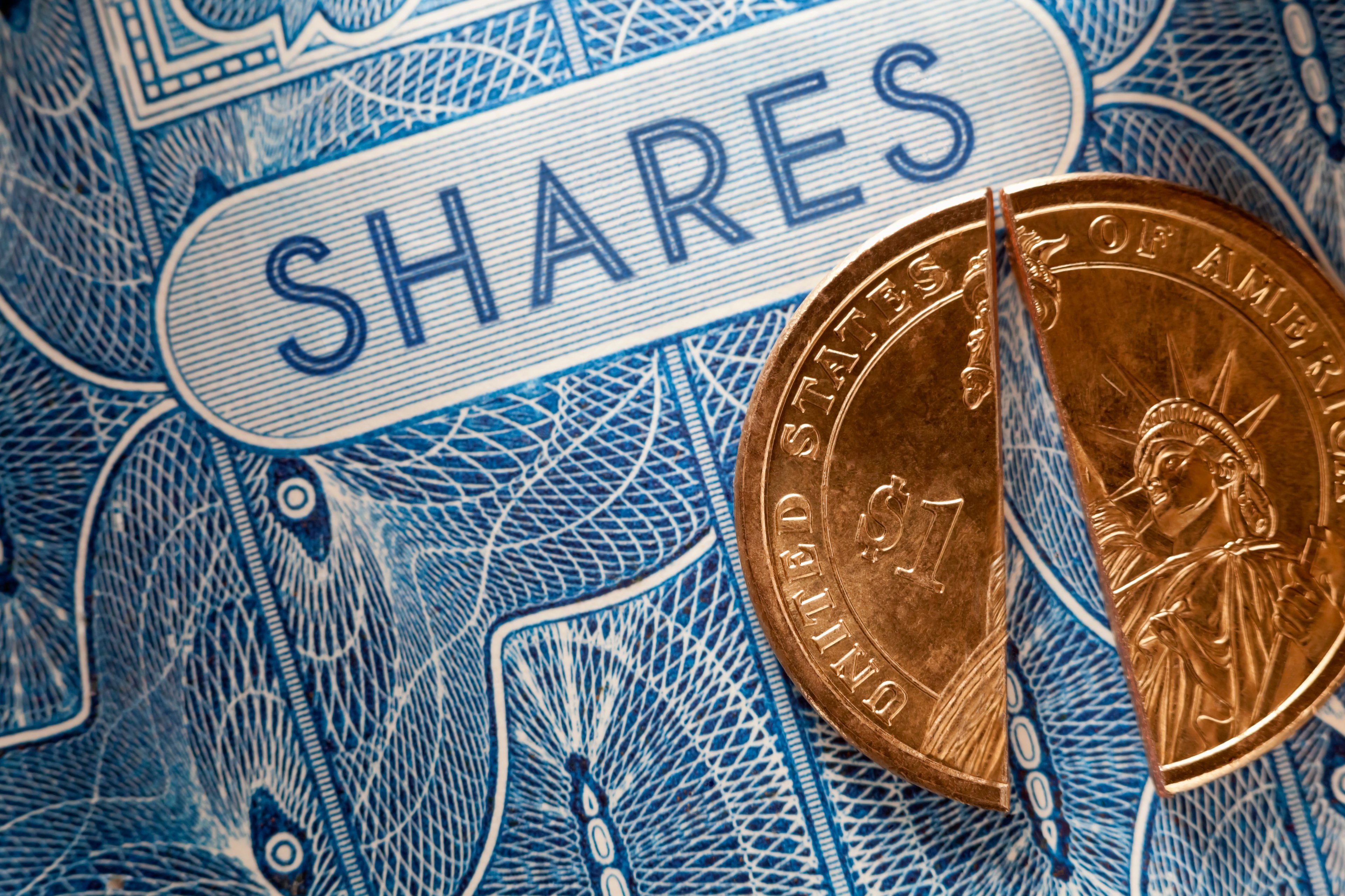Facebook (FB 1.81%) just posted another flawless quarter. Revenue jumped 29% to $17.65 billion, ahead of estimates at $17.37 billion, while earnings per share surged 20% to $2.12, well ahead of the consensus at $1.91.
Facebook, which also owns Instagram and WhatsApp, grew its user base in all of its regions, and its family of services, which also includes Messenger, grew to 2.2 billion daily active users and 2.8 billion monthly active users.
Even with near-constant negative media attention swirling around Facebook, the company continues to add users and grow its business. Advertisers love it, and through network effects and switching costs, the company has built a near-bulletproof business model. Its operating margins in the 40%-range are the envy of businesses around the world.
It's become clear that competitors like Twitter and Snap pose hardly any threat to Facebook, and even outrage at the company over incidents like the Cambridge Analytica scandal never seems to manifest itself in user losses, although the company did get slapped with a $5 billion fine from the Federal Trade Commission over privacy violations.
However, Facebook's own sordid history -- with Russia's hacking of the 2016 election, the Cambridge Analytica scandal, and now debate over the company's willingness to allow political ads that include demonstrable lies on its platform -- have made the company its own biggest threat, as well as a popular target of vitriol.

Facebook CEO Mark Zuckerberg Image source: Facebook.
Regulators, round up
Facebook exhibits almost all the indicators of a monopoly. The company has snatched up competitors like Instagram and WhatsApp. It's become the dominant force in social media, with many times more users than its next closest rival. And, together with Alphabet's Google, it takes home the lion's share of digital advertising spending. Its operating margin of 40% or more is in and of itself a reflection of the company's monopolistic power, as margins of that size are a sign of a lack of competition and immense pricing power.
Presidential candidate Elizabeth Warren has already pledged to make Facebook unwind its acquisitions of Instagram and WhatsApp if elected president, and has similarly threatened Amazon and Alphabet. Increased regulation in some form is probably coming for Facebook, but the company could do itself a favor by getting back in the public's good graces, and allowing political candidates to take advantage of its platform to spread misinformation does the opposite.
Facebook changed its policy on political speech in September, essentially removing political ads from its fact-checking screens due to newsworthiness, therefore allowing politicians to make nearly any claim no matter how untrue it may be. The company has fiercely defended the policy, with CEO Mark Zuckerberg making a fiery address at Georgetown University in defense of free speech ideals, and COO Sheryl Sandberg has argued it's the right move in multiple interviews as well. However, Zuckerberg was lambasted in a hearing in front of Congress last week, and the company's own employees signed a petition requesting a reversal of the policy, showing that its critics are a diverse group, as well as important stakeholders.
Adding to the ante, on Wednesday Twitter CEO Jack Dorsey pledged to ban political ads from Twitter, saying that "political message speech should be earned, not bought." That move is only likely to turn up the heat on Facebook to follow suit.

Image source: Facebook.
Reputation is everything
Warren Buffett famously said, "It takes 20 years to build a reputation and five minutes to ruin it." In business that principle is especially important. At this point, Facebook's biggest risk is its brand and reputation. Though a user exodus is unlikely, regulators are already itching to rein in the company. The social network could do itself a favor by regulating itself before the government steps in and does it. The company says it's made significant strides in combating election manipulation threats from Russia and other bad actors in time for the 2020 elections, but the company could undo all of that hard work with its anything-goes policy on political ads.
Investors love Facebook's business, and the latest quarter makes clear why. Revenue and profits are marching higher with nearly every report, and the business faces few obstacles to its continuing growth. But Facebook's public relations problems are keeping the stock price lower than it should be, as investors are rightfully concerned about increased regulation or even a breakup. Antitrust allegations carry less weight against a well-liked company. Other big tech companies like Amazon, which recently outlined its own climate pledge, have recognized that their reputations depend on more than just running their businesses well. Americans expect these powerful tech companies to be concerned about things like democracy and the environment, and to not abuse their power.
It's time for Facebook to recognize that and act appropriately. Endangering its reputation further will only make regulators hungrier to restrain its growth and power.









